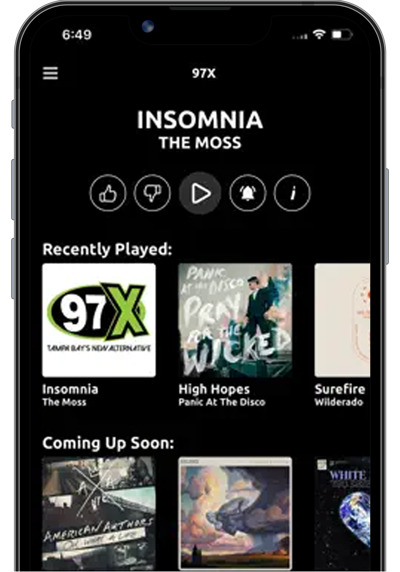ByteDance, the company that owns the social media platform TikTok said it would prefer to shut down the app rather than sell it as legislation passed by the US Congress has called for, Reuters is reporting.
Four sources who asked for anonymity from Reuters said that while TikTok is only a small portion of the company’s revenue, its algorithms rely on systems that are deemed core to ByteDance’s overall operations.
According to the sources, a sale of the app is highly unlikely.
In a post on Toutiao, another social media platform the company owns, ByteDance said reports that the company was exploring a sale “are untrue”.
The legislation calling for ByteDance to sell TikTok was part of a bill passed Tuesday by the U.S. Senate and signed into law by President Joe Biden on Wednesday.
According to the legislation, ByteDance must sell the social media platform within nine months or face a national ban on the app.
“It is unfortunate that the House of Representatives is using the cover of important foreign and humanitarian assistance to once again jam through a ban bill that would trample the free speech rights of 170 million Americans,” a TikTok spokesperson told Reuters on Saturday following the House’s passage of the bill.
The company has said it would mount a legal challenge if the measure is signed into law.
TikTok has raised concerns among those in Congress and cybersecurity experts who fear the Chinese government could misuse the app’s vault of personal data collected on millions of U.S. users.
A provision of the TikTok measure would give Biden the authority to extend the time to sell the company from nine months to a year.
ByteDance has vowed to sue if the app is banned, and has expressed confidence about the prospects of its planned challenge, The Associated Press is reporting.
“Rest assured, we aren’t going anywhere,” TikTok CEO Shou Chew said in a video response posted to X, formerly Twitter, on Wednesday. “The facts and the Constitution are on our side, and we expect to prevail again.
The company is counting on users to join them in calling for the app to be allowed to continue in the US, saying it is protected by the First Amendment right to free speech.
“Many of the calls to completely ban TikTok in the U.S. are about scoring political points and rooted in anti-China sentiment,” Patrick Toomey, deputy director of the ACLU’s National Security Project said. “And to date, these steps to ban TikTok had not been remotely supported by concrete public evidence.”
A court battle over the app could string along for some time, with the potential for appeals that could go all the way to the Supreme Court, which would likely uphold the law due to its current composition, Gus Hurwitz, a senior fellow at the University of Pennsylvania’s Carey Law School, told the AP.
TikTok has already fought off one attempt to ban it, with a federal judge siding with the company in 2020 after Donald Trump attempted to shut the app down.
© 2024 Cox Media Group









